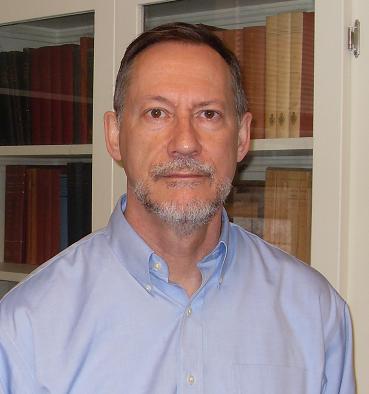 |
Generalized Lecture: Monday May 4, 3:30 p.m.
Recent Advances in Delay Equations
In this talk we survey some aspects of delay-differential equations.
The historical roots of the subject date from the early twentieth
century. At that time much of the focus was on linear equations
arising in applications in science and engineering, and the methods
were often formal and ad hoc. Beginning in the 1960’s more
attention was paid to nonlinear systems, and a firm theoretical
foundation based on infinite-dimensional dynamical systems was established.
What has emerged since then is a body of theory with a rich mathematical
structure that draws from numerous areas, including dynamics, functional
analysis, and topology, and which retains close ties with applications.
We shall discuss various recent results and ongoing research in
delay equations, and we shall also mention some open problems in
the field.
Specialized Lecture: Tuesday May 5, 9 a.m.
C ∞ (but not Analytic) Solutions of “Analytic”
Functional Differential Equations
While delay equations with variable delays may have a superficial
appearance of analyticity, it is far from clear in general that
a global bounded solution x(t) (i.e., a bounded solutions
defined for all time t) is an analytic function of t; and indeed,
very often such solutions are not analytic. In this talk we describe
theorems which give sufficient conditions both for analyticity and
for non-analyticity (but C ∞ smoothness) of such solutions.
In fact these conditions may occur simultaneously for the same solution,
but in different regions of its domain, and so the solution exhibits
co-existence of analyticity and non-analyticity. In fact, we show
it can happen that the set of non-analytic points t of a
solution x(t) can be a generalized Cantor set.
Specialized Lecture: Wednesday May 20, 5 p.m.
Tensor Products, Positive Operators, and Delay-Differential Equations
|